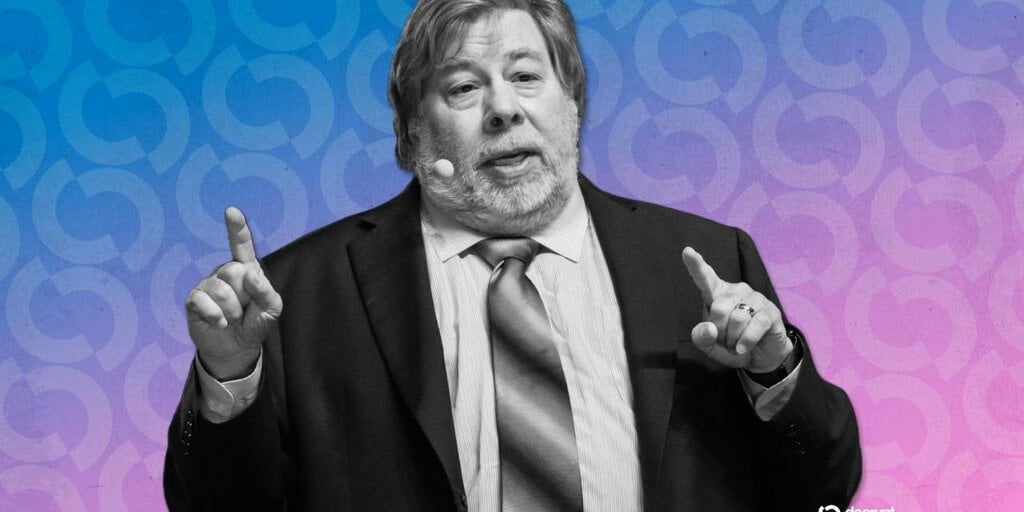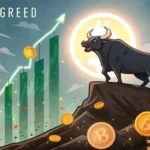In brief
- Apple co-founder Steve Wozniak says YouTube ignored multiple takedown requests after his likeness was used in a bitcoin scam.
- Wozniak’s warning comes amid a rise in AI-powered deepfake fraud targeting tech leaders.
- Last week, a UK MP called for YouTube ads to face the same regulation as TV and radio advertising.
Apple co-founder Steve Wozniak has accused YouTube of failing to act against a Bitcoin scam that used his likeness, warning the same lax systems are now enabling a surge in global deepfake fraud.
“Some people said they lost their life savings,” Wozniak told CBS News. “That’s a crime. A good person, if you see a crime happening, you step in and try to stop it.”
Wozniak found out he had been impersonated in scam ads several years earlier and is still fighting a 2020 case in court against YouTube for its lack of action in taking down the content.
The Apple co-founder said he discovered the scam after his wife, Janet, received an email from a victim asking when they would get their money back.
The scammers had “actually taken video of Woz talking about Bitcoin,” Janet explained. “Then they put a nice frame around it with a Bitcoin address, and said that if you sent him any amount of Bitcoin, he would send you double that back.”
“Look at spam, look at the phishing attempts just all over the place,” Wozniak said. “And there’s not enough real, I don’t know, muscle to fight it.”
Deepfake fraud on the rise
Wozniak’s warning comes amid an explosion in AI-generated deepfakes and increasing online fraud. Some $9.3 billion was lost to online scams in 2024, according to reports made to the FBI’s Internet Crime Complaint Center (IC3). The real total is likely far higher.
Tech leaders from Elon Musk to Jeff Bezos have seen their likenesses hijacked in similar scams, while critics say major platforms remain slow to act. A lack of robust moderation and oversight for online ads, especially on social media and video platforms, has allowed spammy, misleading, and outright fraudulent content to flourish.
Wozniak’s criticism of YouTube echoes that of UK Liberal Democrat MP Max Wilkinson, who last week called for ads on the platform to be regulated to the same standards as television and radio in the UK.
“Regulations need to catch up with the reality of how people are watching content,” Wilkinson said, warning that “unscrupulous advertisers must not be allowed to use loopholes to exploit people.”
Google, which owns YouTube, told Decrypt it removed over 5.1 billion ads and restricted another 9.1 billion in 2024, suspended 39.2 million advertiser accounts for major violations, and blocked ads on 1.3 billion publisher pages.
The company said it has strict ad policies, invests heavily in enforcement, and has thousands of people working around the clock to police its platforms.
It’s not the only tech company that has come in for criticism of its content moderation abilities. Similar claims have been leveled at Meta, X and other social media platforms.
Daily Debrief Newsletter
Start every day with the top news stories right now, plus original features, a podcast, videos and more.







